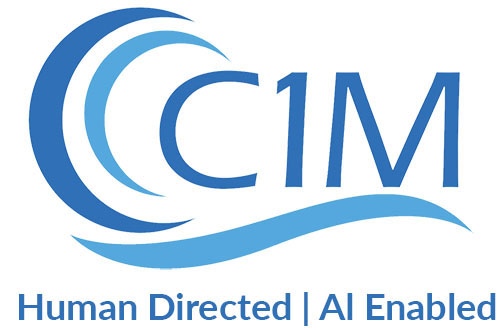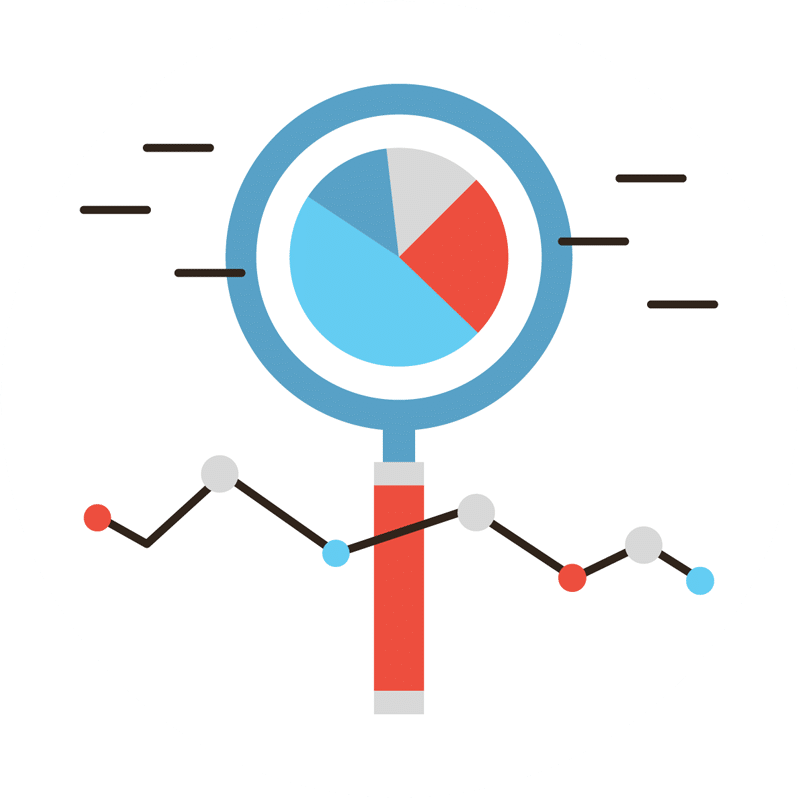
Search Engine Optimization is undoubtedly one of the most important factors to consider when creating or updating a website. But, you might be asking, what is SEO? And why is it so important?
Don’t worry. We have you covered.
In this post, we answer some of the most asked questions regarding different types of SEO techniques and why you should implement an SEO strategy for your website if you want to see your business grow organically online.
What is SEO?
First things first, SEO stands for Search Engine Optimization. In short, it is the process of following best practices to help rank a page or piece of content higher in the organic search engine results pages (SERPs). If your website ranks higher, it is more visible to your target audience looking for the solutions you offer.
To rank higher, you need to consider an array of elements. To put it simply, the content must first be something that is being searched for. And secondly, you need to make sure your content answers the users’ queries. Overall, SEO consists of daily actions with long-term success.
How Can You Optimize Your Content for SEO?
Good quality content is the key to organic success for any website. When a user searches for a query, Google and other search engines want to provide them with the best experience. That means serving them the most useful, easy-to-digest piece of content that clearly answers their question or solves their problem.
The user intent is highly important for Google. You need to analyze what your target audience is searching for or needs. What questions or problems do they have? Your objective should be to provide a solution for them that is relevant, helpful, fresh, and easy to read.
To do this, your SEO strategy should be focused on topics that will add value and interest your target audience and relevant visitors.
There are many elements within your content that you can optimize for SEO, and it begins with keyword research. By carrying out an efficient keyword research strategy—based on relevant topics to your product or service—you will have a list of intent-based key terms and phrases that have a mid to high search volume and low competitiveness.
Include these naturally within the text—the keyword density depends on the length of your content. With this keyword list, you are ready to continue optimizing your piece of content for SEO.
What Elements Can You Optimize for SEO?
Now that you have your keyword list, it’s time to put it to use. There are on-page and off-page elements that you should optimize. This allows Google to fully understand what your content means to know if it should serve your page in the SERPs higher than the competition.
Title Tag
The title tag is displayed in the tab at the top of your browser, and most importantly, it’s the headline that introduces your page when it is served in the Google results. Therefore, to write an effective title tag, you need to write it for both the search engine and the user. To do this, you need to:
- Keep it to 60 characters
- Include your target keyword
- Add value or a benefit
- Don’t duplicate it on other pages on your site
Meta Description/Meta Tags
This is the webmaster’s opportunity to advertise to the searchers what their content is about in just 160 characters. It’s not a crucial element to your page’s ranking, but it is important in gaining click-throughs from the SERPs. You should include the focus keyword as Google puts them in bold, which helps gain the user’s attention. A call to action to entice the searcher is also beneficial.
URL Slug
This is the part within the URL that tells Google what the page is about. By adding the target keyword in the URL slug, Google will see what the page offers and gauge its relevance to the search query.
Image Alt Tags
Another factor that Google and other search engines consider is the user accessibility. Adding alt tags to your images allows the search engines to scan your page and verbally describe the image to visually impaired users.
A recent and upcoming Google algorithm update focuses more on the page experience as a ranking signal. Therefore, including this element in your SEO strategy will benefit you long-term as Google will favor sites that offer the best possible experience for all user types. You can also use these alt tags as a way to include your target keyword while describing what the image is about.
The Importance of Headings
It’s important to note that this is different from the title tag, although many websites keep them the same. This is because they are the most visually notable element on a page, and you can use them to describe the content, which will improve your user experience. Therefore, you should only include one H1. All other subsequent headings must follow in order of H2, H3, H4, and so on.
Top tip: the title tag should include your target keyword and a call to action or benefit. Whereas your H1 should include a long-tail keyword that answers the user’s intent.
What Are SEO Tools?
Before optimizing your website for SEO, you need to know where the gaps are. When ContentFirst Marketing partners with clients who want to optimize their website, we first carry out an SEO audit.
Sites such as SEMRush, Moz, and Screaming Frog run SEO audits. The results show what pages and elements need optimizing. This can be a mammoth task. We recommended that an SEO expert take this on to focus on what you do best: running a business.
Other important SEO tools include:
- Ahrefs Keyword Explorer
- Ubersuggest Keyword Tool
- Google Pagespeed Insights
- Google Mobile-friendly test
- Lighthouse
What is an SEO Marketing Strategy?
An SEO marketing strategy focuses on how to get more organic visitors to your website and generate leads via search engines. For a data-driven SEO strategy to be successful, it should include on-page optimizations, such as the use of intent-based keywords in the page elements and off-page optimizations, which include a high-quality backlinking strategy. Many opportunities for SEO optimizations are revealed in a whole site audit and should be included in your SEO strategy.
A comprehensive SEO strategy should be based on your target audience, their interests, pain points, and overall page experience. Look at the bigger picture. What topics are being searched for that relate to your service or product? How are your competitors answering your target audience’s queries? How can you add more value to previously published posts?
Inject this into your overall content marketing strategy, and you will provide useful, relevant, fresh, and optimized material that Google will want to rank higher in the SERPs.
What Can SEO Do for Your Business?
SEO works but it is not a quick lead. Creating SEO content takes time and a lot of effort, but it pays off in the long run. Reporting on your SEO performance will give you an insight into how your pages are performing organically and how you can improve your SEO strategy.
Google Search Console and Google Analytics are valuable resources in measuring your results. Some important metrics to report on include:
- Source
- Pageviews
- Pages per session
- Time spent on page and average session duration
- Organic visits by location and device
- Bounce rate
- Scroll depth
- New vs. returning visitors
Reporting on these metrics, among others, allows you: to determine how effective your SEO strategy is; identify areas of improvement, understand what your visitors are looking for; any problems the visitors encounter; best and worst-performing content to optimize accordingly; detect trends in customer needs, and measure conversion rates.
When you begin to measure your results, you will soon realize just how important SEO truly is to your website growth, brand awareness, and generating leads.
Words are powerful, and when you follow SEO guidelines and best practices, your website will start producing relevant and optimized content, which in the end will increase your online presence, expertise, trust, and authority as a business—attracting more website visitors and generating leads.
Let the Experts Take Care of Your SEO Strategy
ContentFirst Marketing has a specialized team of content writers and copywriters who have the expertise and knowledge of optimizing your content for SEO and getting your page ranking higher in the organic search results.
Schedule a free business review today to find out how we can help your business grow!


